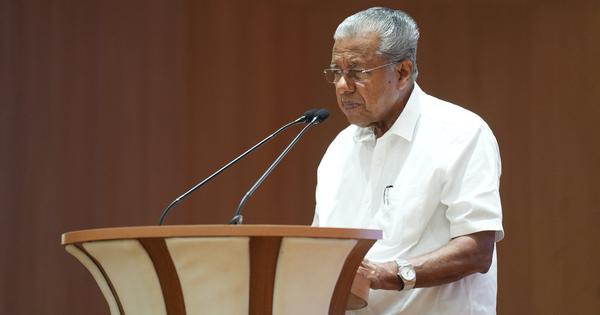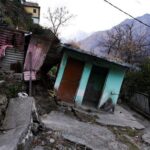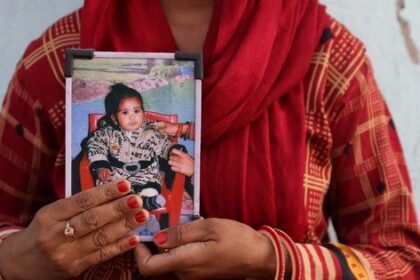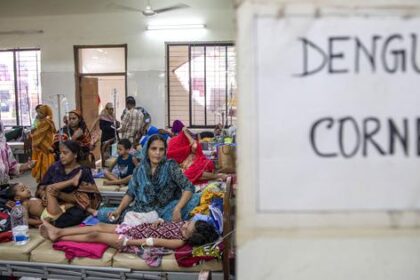Kerala Assembly’s resolution highlights concerns over electoral roll revision ahead of crucial elections.
The Kerala Assembly has unanimously passed a resolution opposing the Election Commission’s decision to conduct a special intensive revision of the electoral rolls. This resolution expresses concern that such a “hasty” move could potentially infringe upon the rights of citizens. Both the ruling Communist Party of India (Marxist)-led Left Democratic Front and the Opposition Congress-led United Democratic Front have described the electoral roll revision as “ill-intentioned,” particularly as it is set to take place ahead of local body elections later this year and the Assembly polls in 2026.
This resolution comes at a time when a similar electoral roll revision exercise is currently being conducted in Bihar. Moreover, there are reports indicating that a nationwide revision of electoral rolls is anticipated to commence by October. Such developments have raised alarms in Kerala, as local political parties express their apprehensions regarding the timing and implications of these electoral processes.
In another significant development, the Nepali government has instituted a travel ban on ousted Prime Minister KP Sharma Oli along with four former officials. This action is part of an investigation into the deaths of 72 individuals during violent protests that erupted earlier this month. The travel restrictions were recommended by a commission tasked with probing the events surrounding the protests.
The protests in Nepal were initially ignited by the government’s ban on 26 social media platforms on September 4. Although this ban was lifted just four days later, on September 8, the situation escalated into broader demonstrations against perceived corruption and mismanagement within the government. The political crisis culminated in Oli’s resignation shortly thereafter.
On a different note, the social media platform X has voiced its concerns regarding a recent ruling from the Karnataka High Court, which dismissed its challenge to the Sahyog portal established by the Union government. X has indicated plans to appeal this decision, asserting its commitment to defend free expression. The Sahyog portal, initiated by the Indian Cyber Crime Coordination Centre, is designed to streamline content removal orders, but X has criticized it as a “censorship portal.” The platform argues that the Information Technology Act does not support the creation of such a portal or mandate social media platforms to appoint a nodal officer for compliance.
In a positive development for regional connectivity, the Union government has announced the establishment of two new railway connections between India and Bhutan. This initiative marks the first set of rail connectivity projects between the two nations. Railway Minister Ashwini Vaishnaw highlighted that these links will grant Bhutan access to an extensive 1.5 lakh kilometers of the Indian railway network. The first rail line will connect Assam’s Kokrajhar to Gelephu in Bhutan, while the second line will link West Bengal’s Banarhat to Samtse.
Overall, these events reflect a dynamic political landscape in both Kerala and Nepal, alongside important developments in transportation and digital governance in India.








